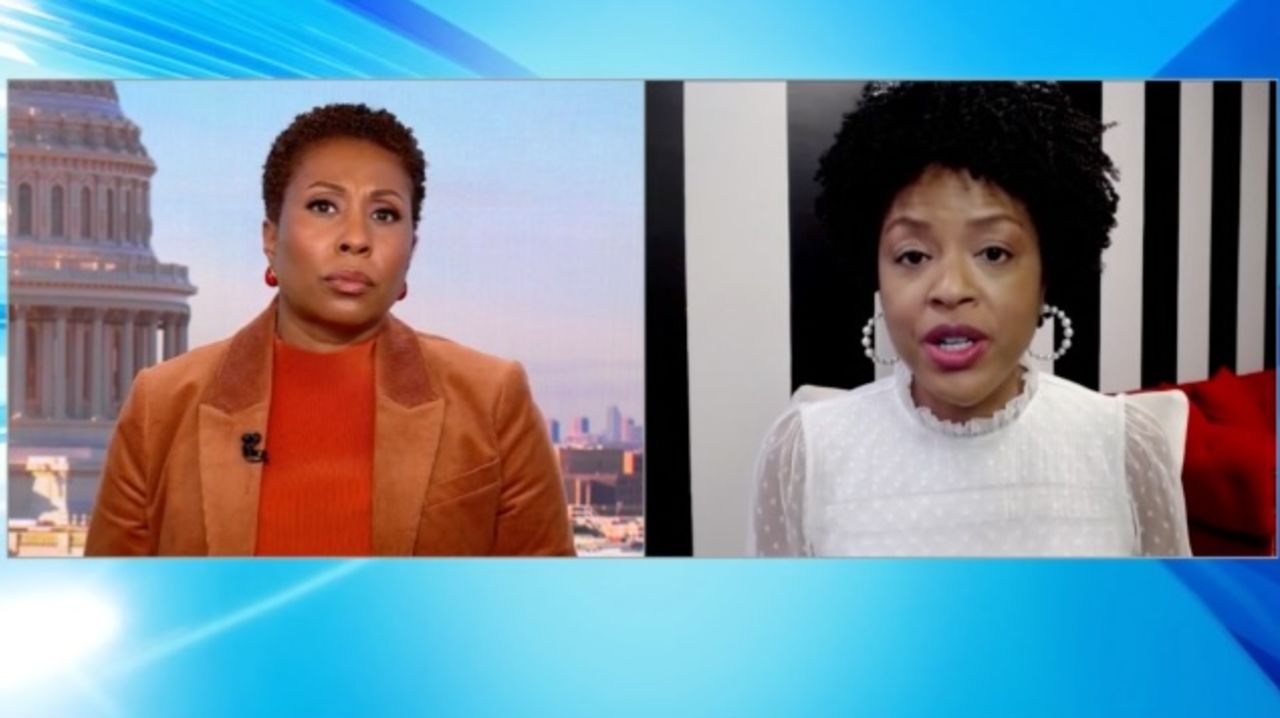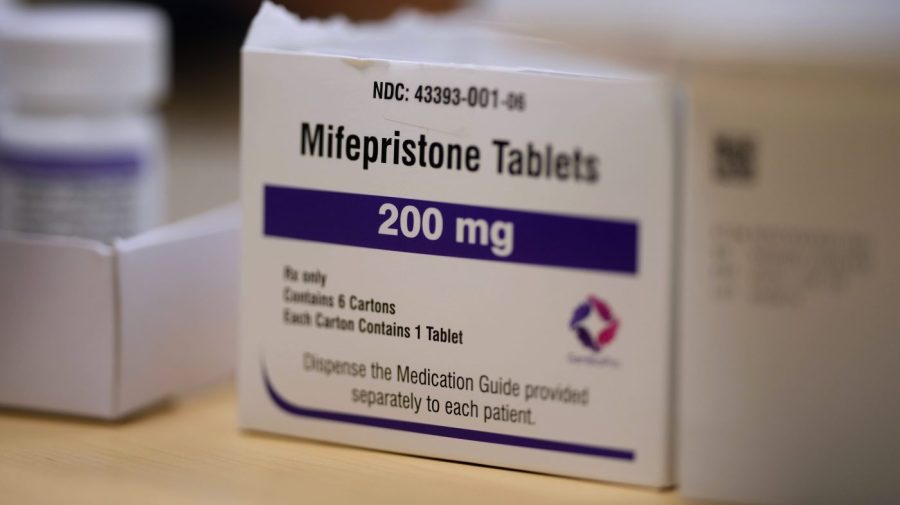Dr. Mehmet Oz, administrator for the Centers for Medicare & Medicaid Services, has publicly challenged assertions that health insurance premiums are set to dramatically increase, countering claims made by some lawmakers. During an event focused on lowering drug prices on October 16, 2023, he dismissed concerns that the average health insurance costs would skyrocket, contradicting reports from both Democratic and Republican sources on Capitol Hill.
At the event, a reporter cited data from the Kaiser Family Foundation (KFF), which suggested that without the extension of tax credits, average premiums could rise by approximately 115 percent. In response, Oz questioned the origins of the data, asserting that KFF had run the numbers improperly and implying that the organization had retracted its findings. This claim, however, is inaccurate; KFF continues to stand by its analysis.
Oz stated, “Here’s the truth, the window shopping is already revealing that the average American… who’s on the ACA between 100 and 400 percent of the poverty level is going to pay $50 total next year. It’s going to be $13 more than this year.” He emphasized that while there might be increases in spending, it is not the most pressing issue for the majority of Americans.
These remarks coincided with a revealing announcement from the Trump administration about upcoming plans available through the Obamacare marketplace. KFF’s analysis predicts that health insurers will raise their charges by an average of 26 percent next year. The study indicates that most enrollees may face even larger increases if enhanced subsidies under the Affordable Care Act expire at the end of the year, unless Congress acts promptly.
Currently, around 22 million out of 24 million enrollees in the marketplace benefit from tax credits that reduce their premiums. Should these credits lapse, KFF estimates that subsidized enrollees could see their monthly payments surge by about 114 percent, effectively more than doubling their costs. Those losing financial assistance, initially provided in response to the pandemic, would face a “double whammy,” losing both the tax credits while experiencing premium increases.
Oz’s assertion that most Americans would still find affordable plans for $50 or less, even without enhanced subsidies, reflects a broader narrative aimed at alleviating fears surrounding healthcare costs. His comments came during a critical moment, as the government faced a shutdown on its 29th day, with Democrats refusing to negotiate a short-term spending bill unless Republicans address the expiring healthcare subsidies.
Amidst this political impasse, Marjorie Taylor Greene, a vocal critic of the Affordable Care Act, has also raised alarms about potential price hikes. She has urged Republican leaders to present a viable plan for addressing impending cost increases in healthcare.
As the debate over healthcare premiums continues, the implications for millions of Americans remain significant. The unfolding situation not only impacts individual financial responsibilities but also reflects the broader political landscape surrounding healthcare reform and governmental negotiations.







